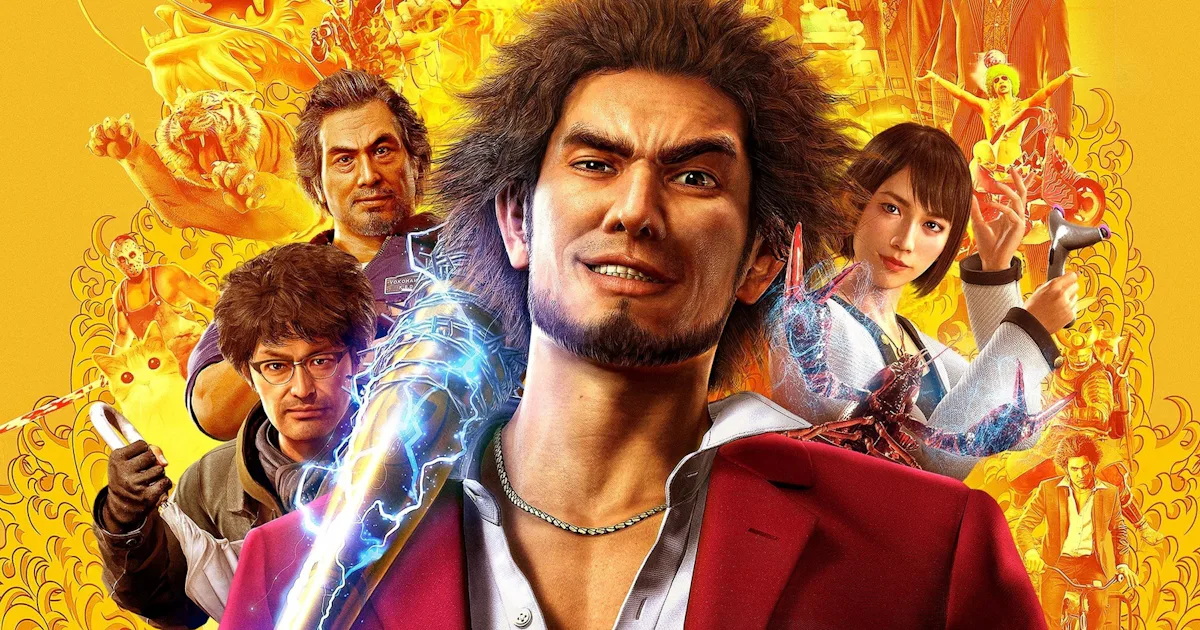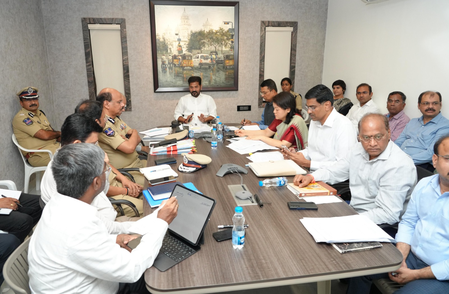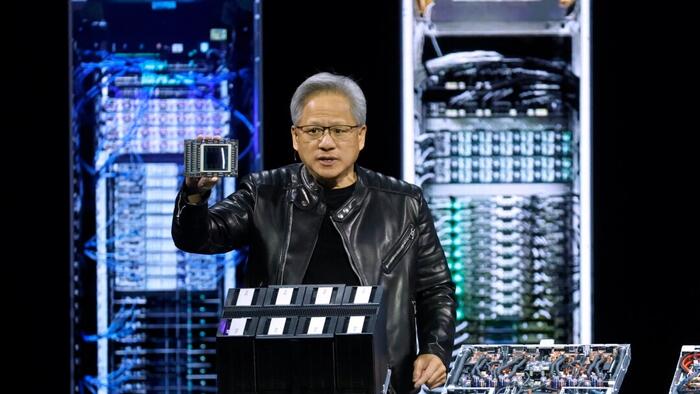Copyright Inverse

A lot of RPGs are coming-of-age stories — young people finding their place and purpose in the world while fighting some malevolent force. And despite how many of those stories we see, there’s a reason coming-of-age tales are inherently relatable; we want stories about people changing and growing, because we want to do that ourselves. But what you don’t often see are games about adults hittting rock bottom, and getting a second chance at life — the idea that life doesn’t somehow magically end when you hit your thirties. That’s exactly what Yakuza: Like a Dragon is all about — the wonder that life can constantly hold, and how it’s literally never too late to make a change. It’s one of the most inspiring tales video games has ever seen, and it just so happens to be one of the best turn-based RPGs on top of that. Basically, you’re doing yourself a disservice if you don’t play Like a Dragon, especially now that it’s on PS Plus. Yakuza: Like a Dragon is technically the seventh entry in the longrunning crime series, but for all intents it was a fresh start — and the best place to jump in outside of the very first Yakuza. Admittedly, the Yakuza series is a bit hard to explain or define in a succinct way — if you’ve ever talked to someone who loves these games you’ve likely heard about its bizarre mix of crime melodrama and utterly off-the-wall weirdness and humor. And that truly is the core of what makes Yakuza so special, the way these games can effortlessly seesaw between emotional scenes that’ll make you cry like a baby, and unorthodox humor that’ll leave your mouth agape. One second you’re hearing about the surprisingly realistic plight of the homeless encampment in Yokohama, and how authorities let the problem fester. Then the next you’re literally fighting a construction digger driven by a Chimpanzee named Clara. And it all, miraculously, works. Like a Dragon tells the story of a low-level Yakuza named Ichiban Kasuga, who spent a decade in prison after taking the fall for a high-ranking member of his family. Ichiban emerges from prison to a world he no longer recognizes and technology he can’t wrap his head around, not to mention the fact his Yakuza family basically disowns him, shoots him, and leaves the man in a gutter. Ichiban quite literally hits rock bottom, with no family, friends, job, house, or anything in-between. But he’s also an idealistic man with a boundless imagination, who grew up playing the Dragon Quest games (yes, really) and dreamt of becoming a hero. And that helps instill Ichiban’s story with so much personality and emotional weight — he’s a shockingly pure-hearted person, despite being embroiled in the criminal underworld for most of his life. And what’s really fun about Like a Dragon is that the game essentially is a power of friendship party-based RPG, filtered through the lens of the Yakuza series’ drama. Ichiban recruits a real rag-tag group of outcasts to help fight a sweeping criminal conspiracy, from the gruff and retired cop-turned-detective Adachi to the haughty and brilliant hostess Saeko. There’s a phenomenal sense of camaraderie between the party members in Like a Dragon, and each one has their own story arc that runs alongside the overarching narrative — often diving into topical issues, from the stigmatization of being homeless to how hard it is for felons to reintegrate into society. Like a Dragon is also an impeccably well-paced game, knowing when to slow things down and simply let you share a drink at the bar with Ichiban’s friends. But that fun sense of personality leaks over the gameplay elements of Like a Dragon as well, namely the combat system. Up until this game every Yakuza game had sported real-time brawling combat, so turn-based was a pretty drastic change. But there’s actually a story reason for the shift, as Ichiban’s imagination causes him to see every fight as a turn-based Dragon Quest battle — and the game runs with that idea. This results in combat systems that makes positioning a vital factor, combining the crunchy phsyics of past games with the strategy of turn-based. For example, even if you use a basic attack, if you’re near something like a bike your character will pick up the bike and bash an enemy’s face in with it. But the real kicker is the ingenious job system, which lets you equip your party with hilariously mundane jobs like Chef, Maid, Bodyguard, and Musician. These jobs are all supposed to feel mundane, normal every day careers — and you even choose character’s jobs by going to a work-for-hire company. But these jobs are used in hilarious ways, like the Chef hitting enemies with pots and pans, or the Hostess blinding enemies by spraying champaign on them. It all sounds like a joke, but Like a Dragon’s combat system has just as much depth as you’d find in something like Final Fantasy or Persona. But it’s that fusion of the real world and Dragon Quest-esque weirdness that really helps Like a Dragon stand out. It’s a game packed to the gills with charm and personality, dozens of minigames, and surprisingly complex systems — but crucially also has a real message to impart. Ichiban’s story of going from zero to hero is one of the most relatable you’ll find in all of video games — a reminder that you shouldn’t be in a rush to find your life’s calling. Yakuza: Like a Dragon is available on PS4, PS5, Xbox One, Xbox Series X|S, and PC.



